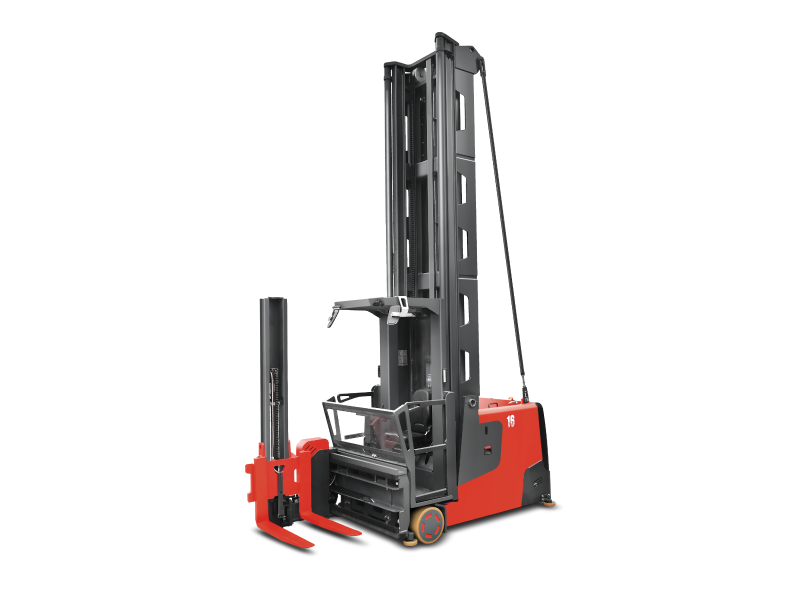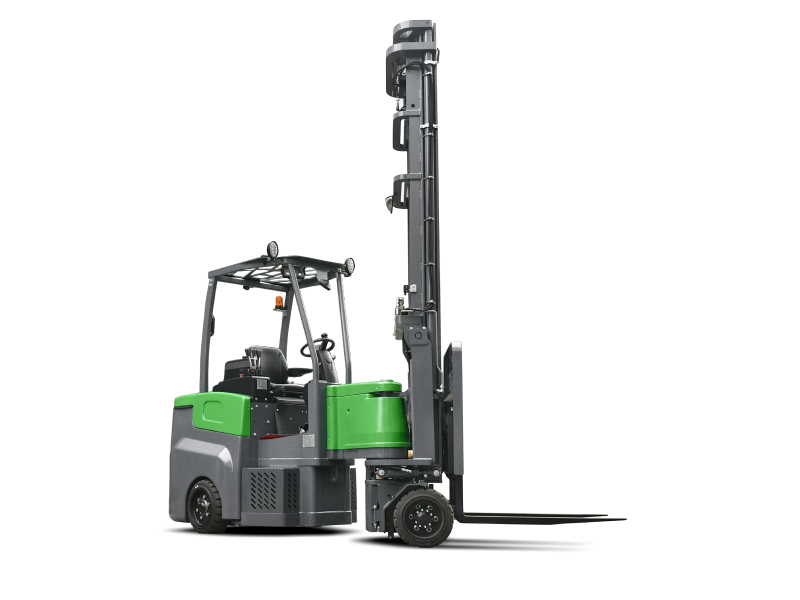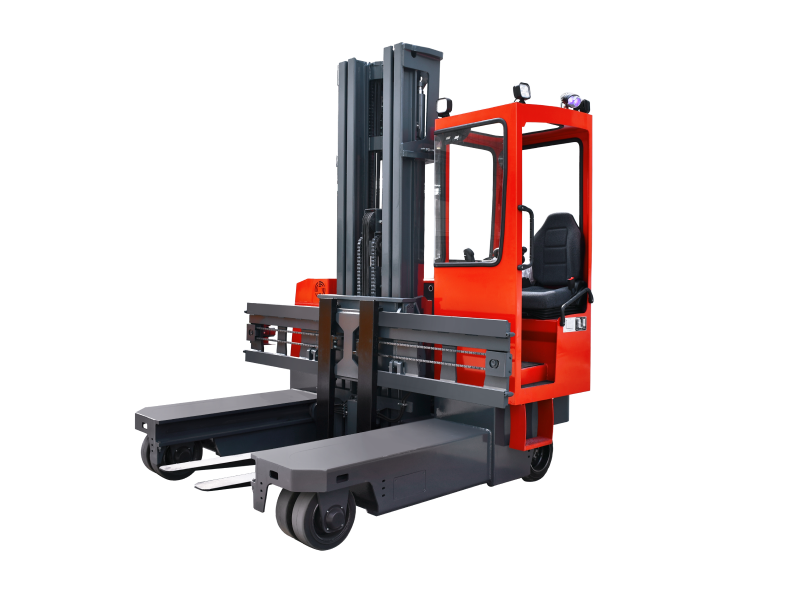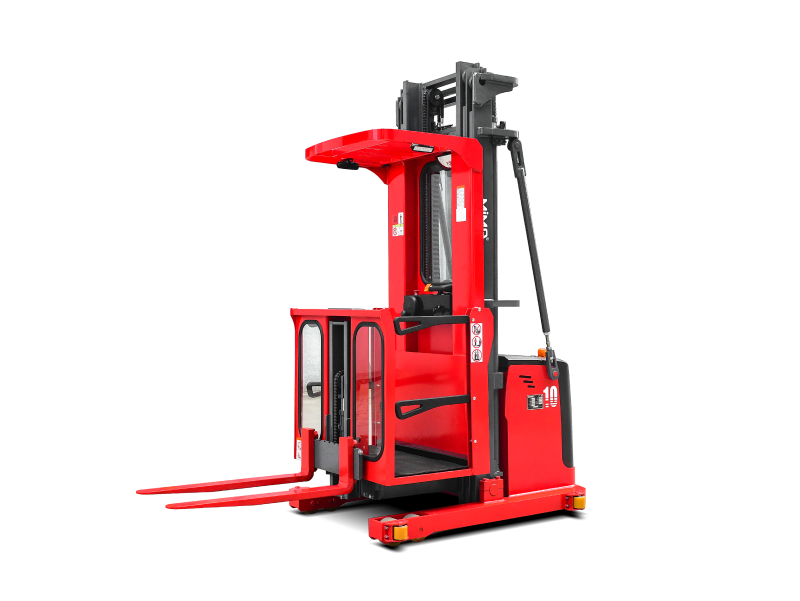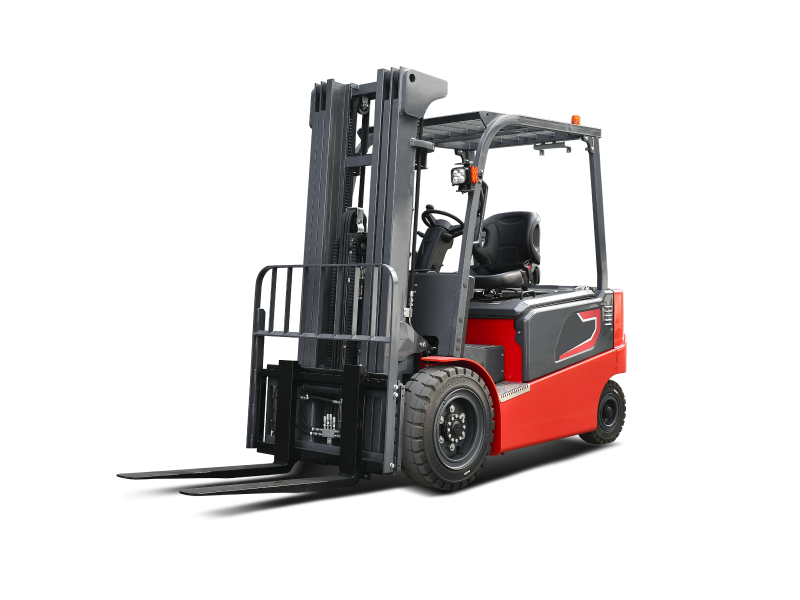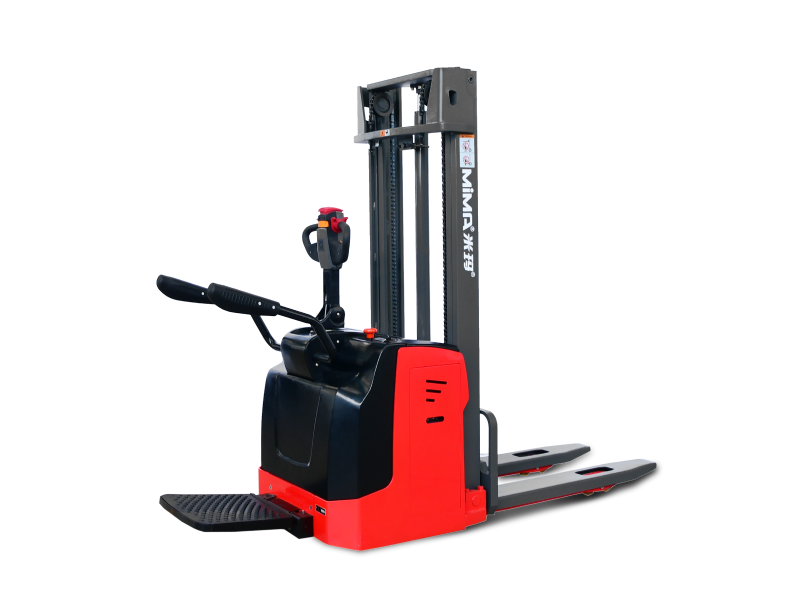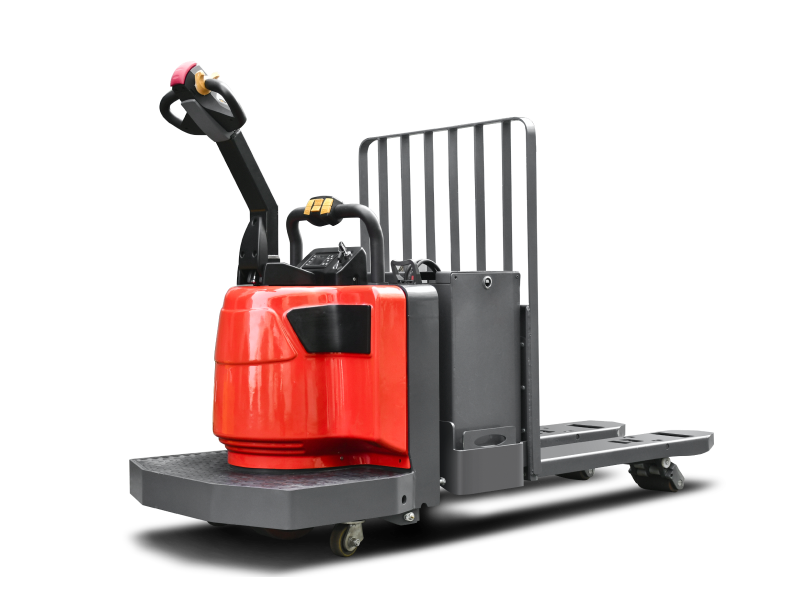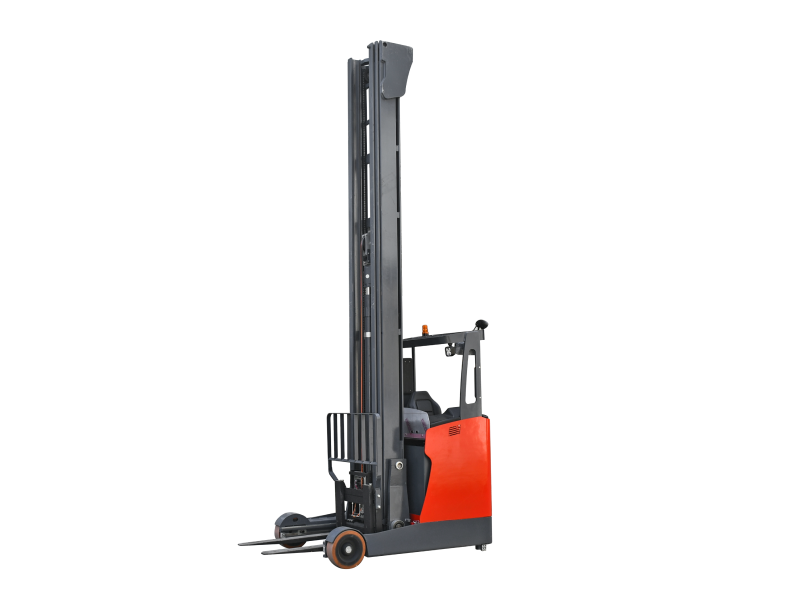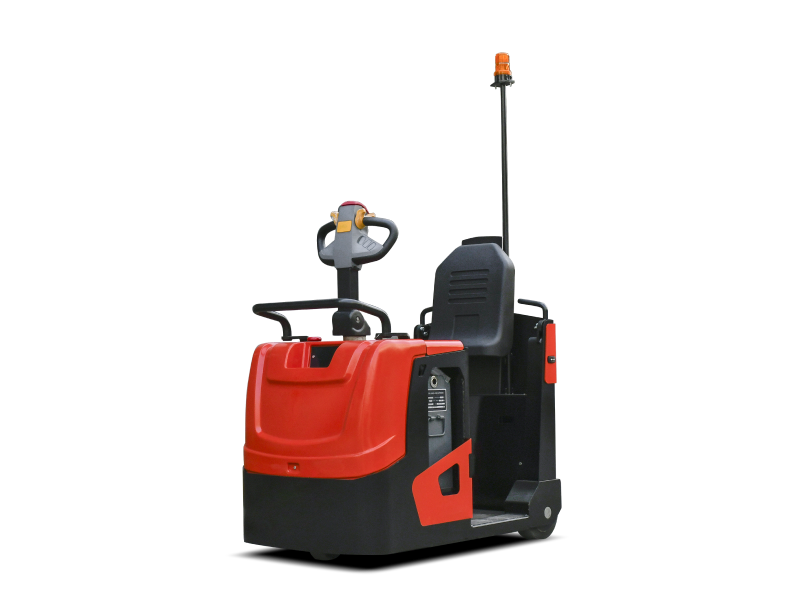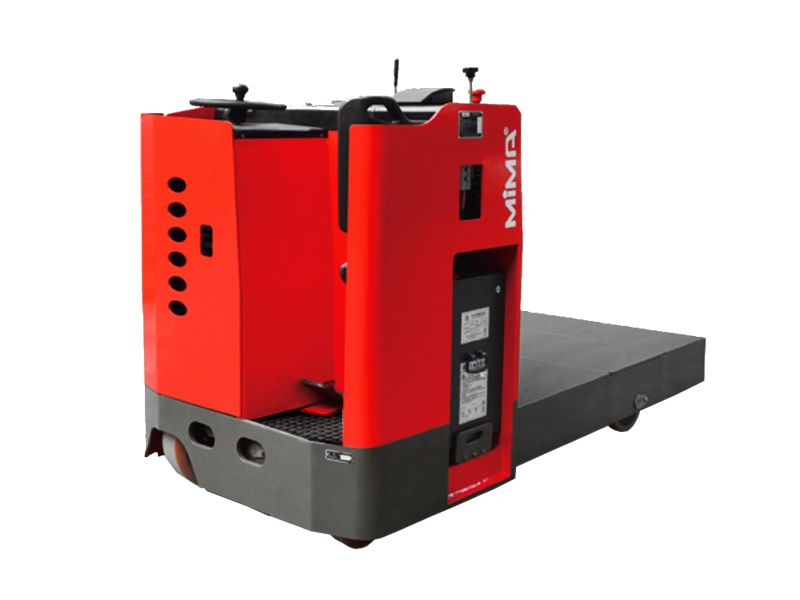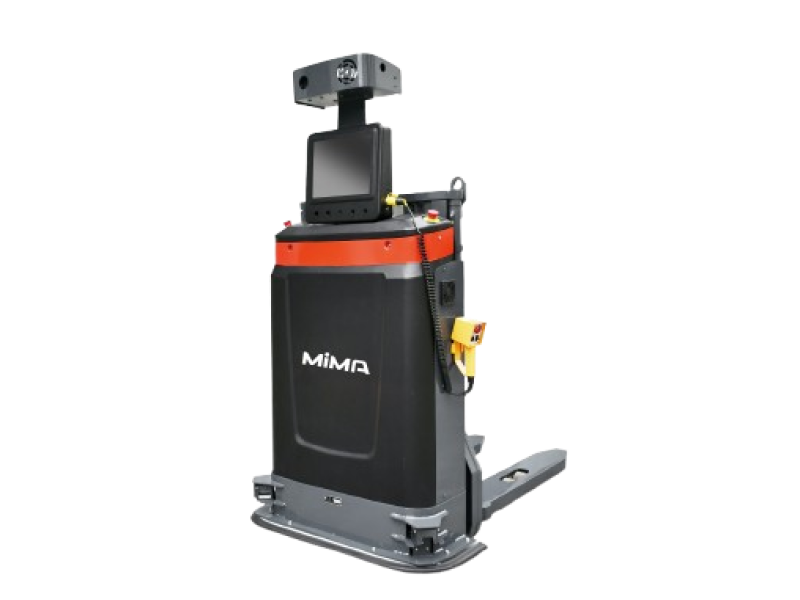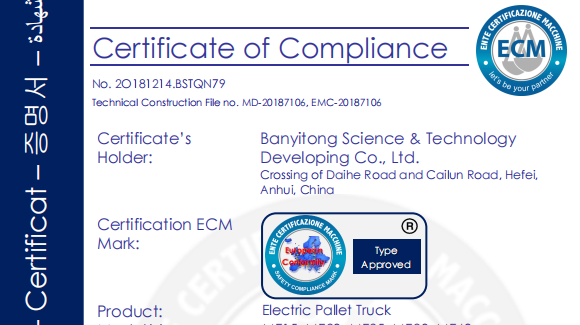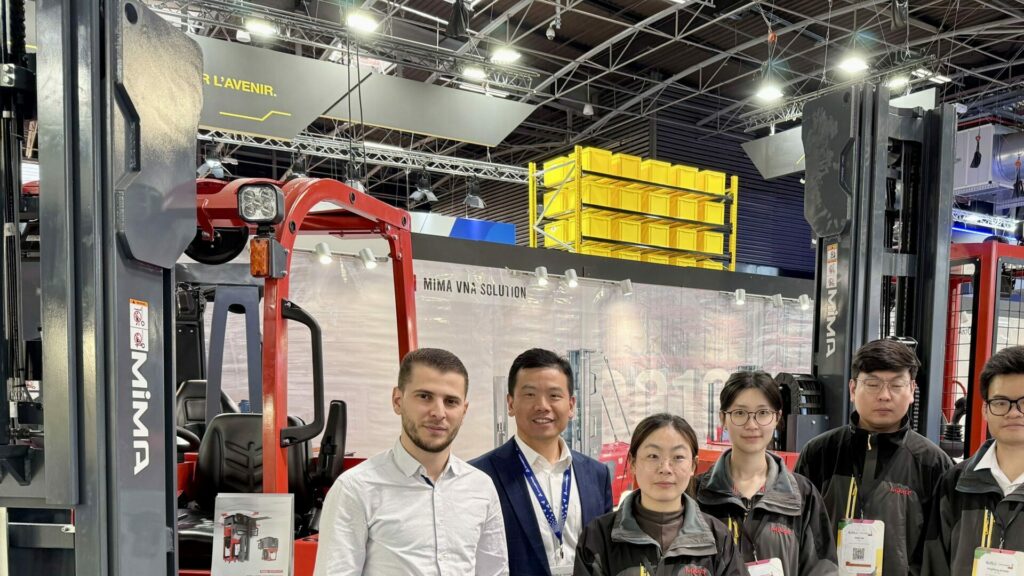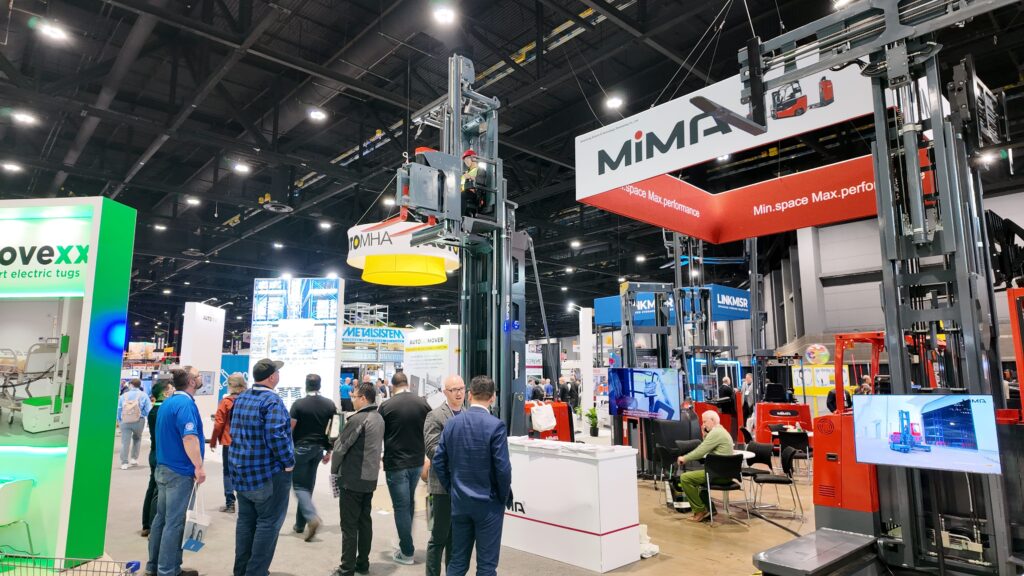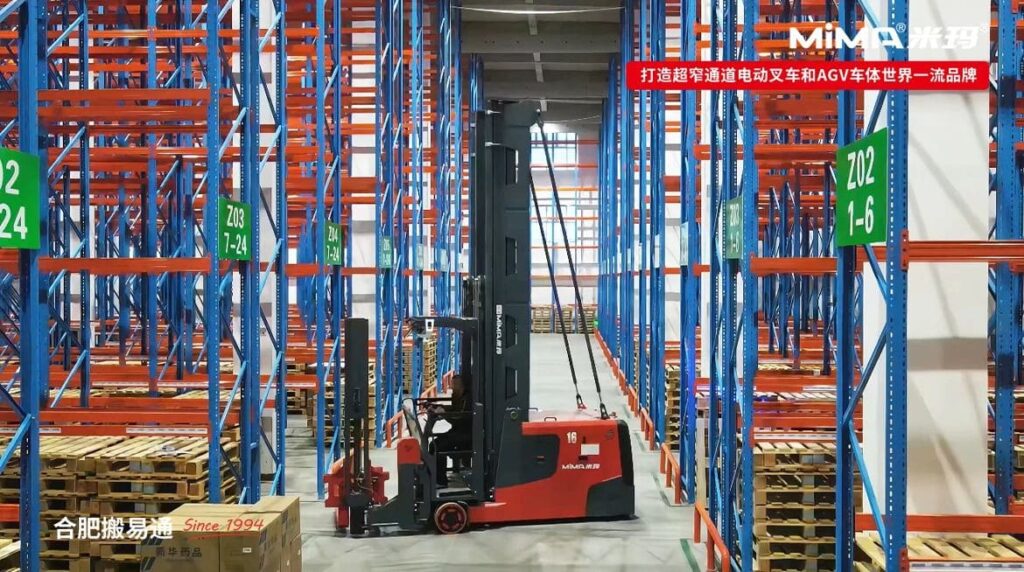Forklifts play a critical role in industries like warehousing, construction, and logistics. However, using these powerful machines safely requires the right training and certifications. Whether you’re a forklift operator or a company looking to purchase forklifts, understanding the certification process is crucial. This guide covers the different types of forklift certifications, the benefits of certification, and how you can make sure your equipment and operators meet the necessary standards.
Why Forklift Certification Matters
Forklifts are essential tools, but they come with inherent risks. Improper operation can lead to accidents, injuries, and even fatalities. Certification ensures that operators and machines comply with regulatory standards, reducing risk and enhancing productivity. For companies, it’s not just about meeting legal requirements—it’s also about ensuring smooth operations and a safe working environment.
The Key Certifications You Need to Know
Forklift certification can be divided into two major categories: Operator Certifications and Product Certifications.
1. Operator Certifications: Ensuring Safe Operation
OSHA Certification (United States)
In the U.S., the Occupational Safety and Health Administration (OSHA) mandates that all forklift operators must be certified. The OSHA certification process includes:
- Formal instruction covering safety protocols, operation techniques, and machine handling.
- Practical training to ensure operators can handle forklifts efficiently.
- Performance evaluation to assess their skills and understanding.
The certification is valid for three years and can be obtained through accredited online courses or in-person training programs.
EU Certification (CE Marking)
For forklifts sold in the European Union, the CE marking is mandatory. This indicates that the forklift meets essential safety and performance requirements as outlined in EU regulations.
To achieve CE certification, the forklift must comply with several directives:
- Machinery Directive (2006/42/EC): Ensures safety standards for industrial equipment.
- Electromagnetic Compatibility Directive (EMC): Applicable if the forklift uses electrical systems.
- Low Voltage Directive (LVD): Required for forklifts with electrical components.
- RoHS Directive: Restricts hazardous substances in electronic components.
Other Relevant Certifications
- GOST-R & GOST-K: Required for forklifts sold in Kazakhstan.
- ISO & DNV Certifications: These ensure international compliance and quality standards for forklifts used in lifting operations and shipping.
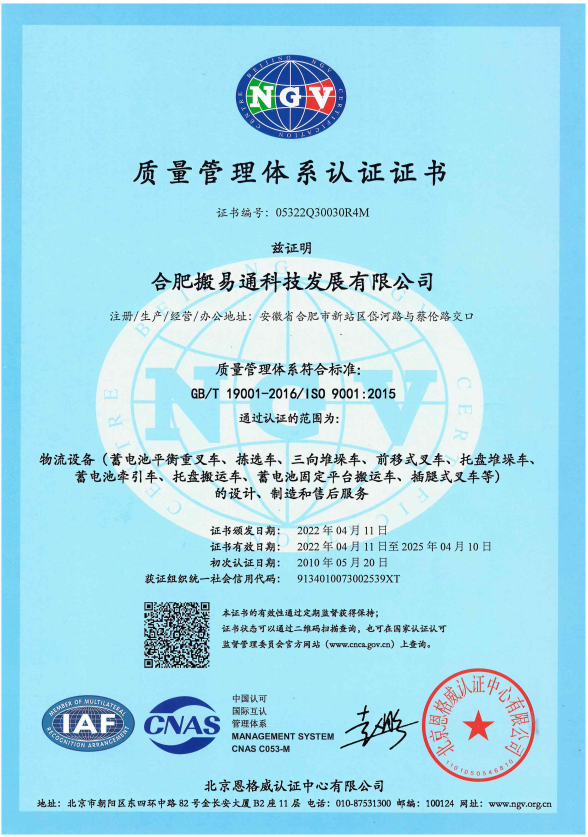
2. Product Certifications: Ensuring Quality and Compliance
Forklift manufacturers must adhere to quality and environmental standards to ensure their products are safe and efficient.
ISO Certifications
- ISO 9001 (Quality Management System): Demonstrates that the manufacturer follows a high standard of quality control in production.
- ISO 14001 (Environmental Management): Ensures the manufacturer follows eco-friendly practices in production.
- ISO 45001 (Occupational Health and Safety Management): Ensures worker safety during the manufacturing and operation of forklifts.
Product Safety Certifications
- TÜV Certification: A well-respected certification in Europe that ensures the forklift meets strict safety and environmental standards.
- GS Certification (Geprüfte Sicherheit): Indicates compliance with safety standards in Germany.
Environmental Certifications
- ROHS: Restricts the use of hazardous substances like lead and cadmium, especially important for electric forklifts.
- REACH: Ensures that the forklift’s manufacturing process is safe for both human health and the environment.
3. The CE Marking Process: A Step-by-Step Guide
If you’re planning to sell forklifts in Europe, obtaining CE certification is essential. Here’s a simple breakdown of the process:
- Identify Applicable Directives: Determine which EU regulations apply to your forklift (e.g., Machinery Directive, EMC Directive).
- Evaluate Product Conformity: Perform a risk assessment and conduct necessary tests to ensure the forklift meets safety standards.
- Choose the Assessment Procedure: Low-risk products may be self-declared, while high-risk products require assessment by an accredited body.
- Sign the Declaration of Conformity: Once compliance is confirmed, prepare the declaration that certifies the product meets EU standards.
- Affix the CE Mark: Once the certification process is complete, affix the CE mark to your product.
- Ongoing Monitoring: Regularly check that the forklift remains compliant with all relevant standards.
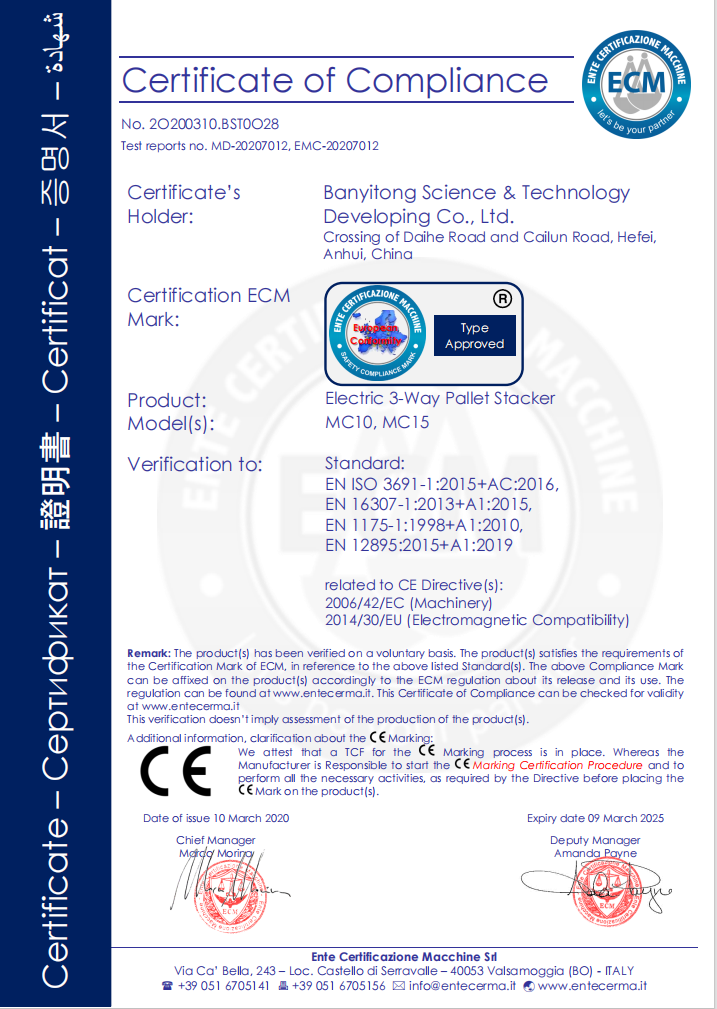
4. Forklift Transport Certifications: Meeting Global Standards
Forklift transport certifications ensure that the machines meet safety, compliance, and environmental standards during transit. Key certifications include:
- CE Certification: Necessary for selling forklifts in the European market.
- UL Certification: For forklifts sold in the U.S., ensuring electrical safety.
- ISO Certification: Demonstrates compliance with international standards.
For forklifts sold in China, CCC (China Compulsory Certification) is required.
5. Benefits of Forklift Certification
Safety and Compliance
Certification ensures that operators are trained to use forklifts safely, minimizing the risk of accidents and injuries. For businesses, compliance with OSHA and EU standards avoids potential fines and legal issues.
Improved Productivity
Certified operators handle forklifts more efficiently, which increases productivity and reduces downtime.
Legal Protection
In the event of an accident, having certified operators can help protect your company from legal liability and financial loss.
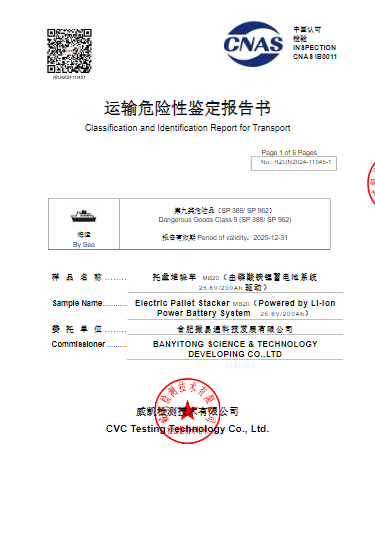
6. Choosing the Right Forklift and Certification Provider
When purchasing a forklift, ensure it has the necessary certifications. Here are a few things to consider:
- Reputation of the Manufacturer: Look for manufacturers with ISO, TÜV, or CE certifications.
- Warranty and Support: Ensure the forklift comes with reliable after-sales support and a warranty.
- Certified Operators: Always invest in forklift operator training programs that meet OSHA and CE standards.
Conclusion: A Smart Investment for Your Business
Forklift certification is more than just a legal requirement—it’s a crucial step in ensuring the safety of your team and the smooth operation of your business. Whether you’re looking to purchase new forklifts or train your operators, certification is an investment in quality, safety, and productivity. By choosing certified equipment and operators, you safeguard both your business and your employees, helping your operations run smoothly and efficiently.
Ready to ensure your forklifts meet the highest standards? Start by choosing a reputable certification provider and ensure your machines and operators are fully certified today!



